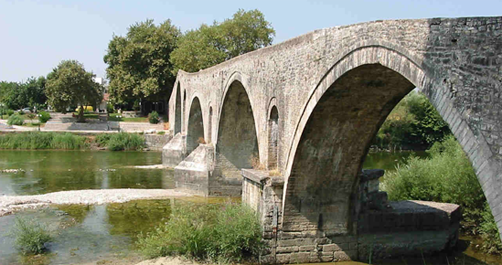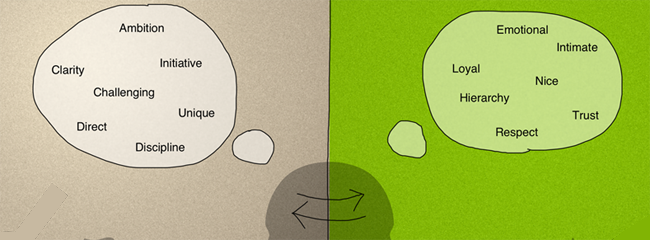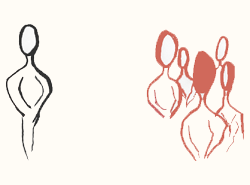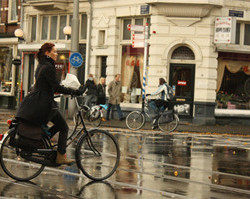Katerina Pouliasi has experience with various organisations, cultural groups and individuals with different cultural background. Among others: European Research Centre on Migration and Ethnic Relations
Experience

On public policy and scientific research
Building bridges between scientific research and public policy To identify best practices in the use of research findings on migrants and cities in the European context for policy development we conducted interviews and surveys in 10 European countries. The project was part of the UNESCO-MOST programme on Multicultural Policies and Modes of Citizenship in European Cities […]

On acquiring a bicultural mind
The contemporary societal relevance Present-day social mobility can only be expected to increase the number of individuals who have more than one cultural origin. This holds especially within the territory of the European Union, where free movement is facilitated by legislation affecting some four hundred million people. In the Netherlands alone, there are half a […]
Culture on spontaneous associations and how they are networked

Work, Friendships and the Self Does culture influence the spontaneous associations people make as response to cues in the environment? We have asked individuals with different cultural background to report their spontaneous associations on certain words presented to them in their own language.
Culture on self-understanding, values and well-being

For this survey, the focus was on self-understanding cultural differences between South and North European cultures and on whether and how such differences may impact one’s self-esteem assessments and psychological well being.
Biculturalism among adult individuals

On Self-evaluation, Values and Cultural Associations On Self-views and values The domains of investigation concerned self-evaluation (e.g., as being modest, emotional, traditional, versus rational, modern, individualist), how strongly one endorse certain values like, personal freedom, personal satisfaction, personal development or family integrity and friendship.
Biculturalism among children

The first experimental study in Europe on Biculturalism was our study among children of Greek, or half-Greek origin who grow up in the Netherlands and were able to speak and write in both the Dutch and the Greek language